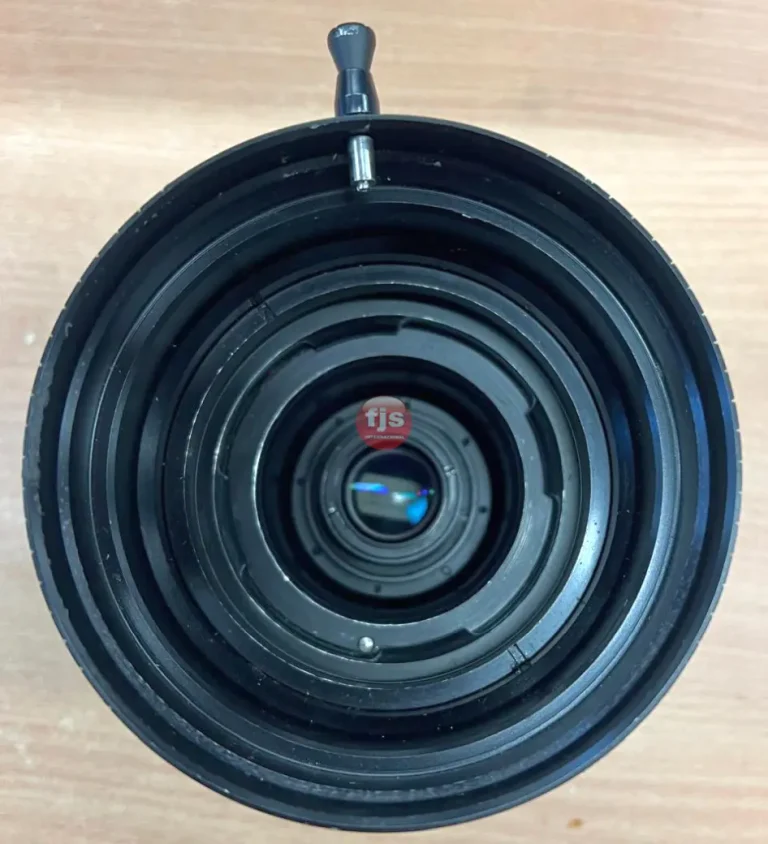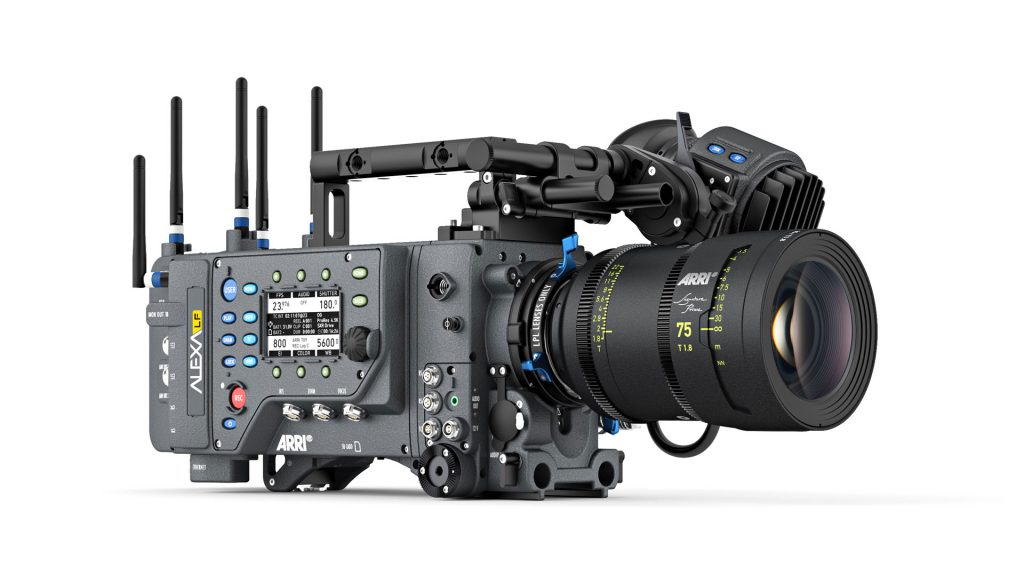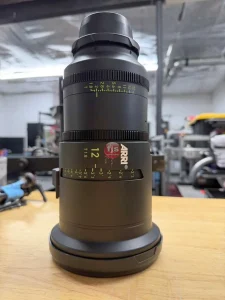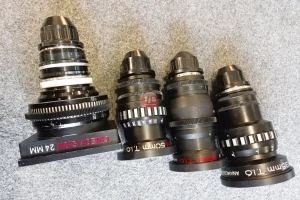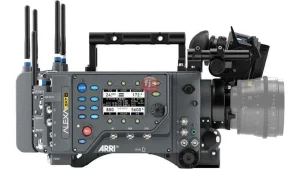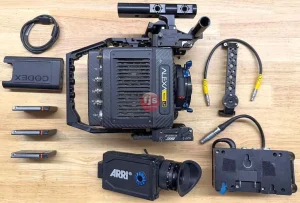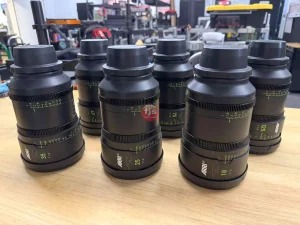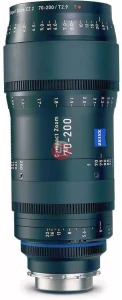Introduction
Filters have long been a staple in photography and videography, offering a versatile range of tools to enhance image quality and achieve specific aesthetic effects. While they may not be a substitute for proper exposure and composition, filters can play a significant role in improving clarity and overall image quality.
Key Types of Filters for Clarity Enhancement
- Neutral Density (ND) Filters: ND filters reduce the amount of light entering the lens, allowing for longer exposures in bright conditions. This can be particularly useful for achieving smoother motion blur or capturing more detail in highlights.
- Polarizing Filters: These filters reduce glare and reflections, enhancing contrast and increasing color saturation. They are especially effective in landscapes and outdoor scenes with reflective surfaces.
- UV Filters: UV filters protect your lens from harmful ultraviolet rays, which can cause haze and reduce image clarity. They also act as a protective layer, shielding your lens from scratches and other damage.
- High-Quality Clear Filters: While not technically enhancing clarity, high-quality clear filters can improve overall image quality by reducing lens flare and ghosting, especially in challenging lighting conditions.
Benefits of Using Filters
- Improved Clarity and Contrast: Filters can help reduce haze, glare, and reflections, resulting in clearer and more vibrant images.
- Creative Control: Filters offer a range of creative possibilities, allowing you to achieve specific aesthetic effects and control the overall mood of your images.
- Lens Protection: UV filters and clear filters provide a protective layer for your valuable lens, safeguarding it from scratches and other damage.
Considerations and Limitations
- Cost: High-quality filters can be a significant investment, especially if you require multiple types for different shooting scenarios.
- Thread Compatibility: Ensure that the filter threads on your lens match the size of the filters you purchase.
- Potential Image Degradation: While filters can enhance clarity, excessive use or improper application can introduce unwanted artifacts or reduce image quality.
Frequently Asked Questions
- Can filters help improve the clarity of blurry images? While filters cannot fix blurry images caused by camera shake or incorrect focus, they can help reduce haze and glare, which can contribute to a perceived lack of clarity.
- What is the difference between a circular polarizer and a linear polarizer? Circular polarizers are designed for use with modern DSLR and mirrorless cameras, while linear polarizers are more commonly used with older film cameras.
- Should I use a UV filter all the time? While UV filters can protect your lens and reduce haze, they may not be necessary in all shooting conditions. Consider the specific environment and lighting conditions before deciding whether to use a UV filter.

